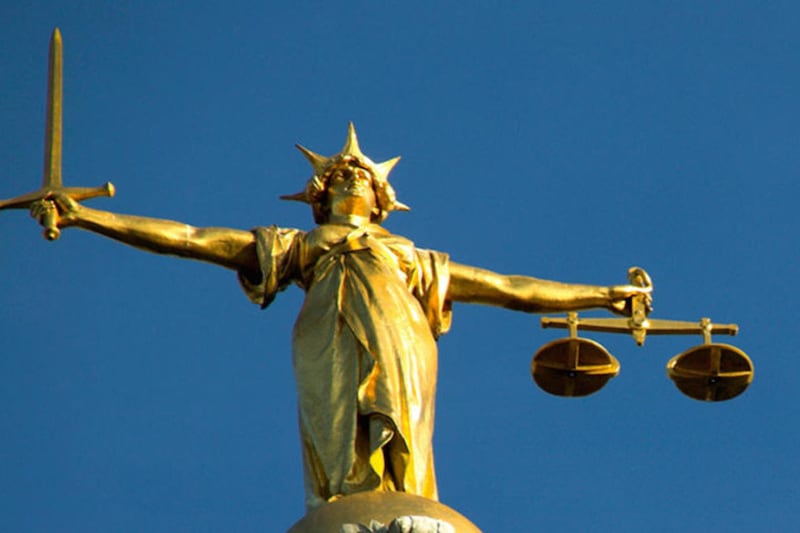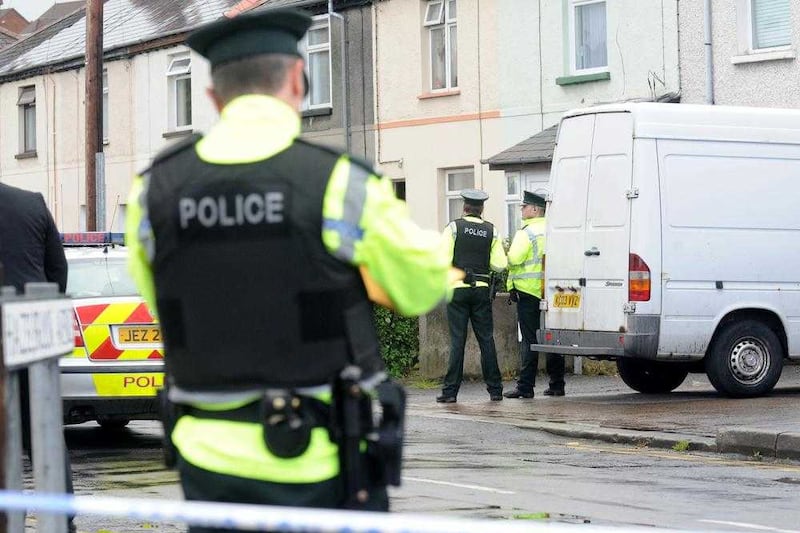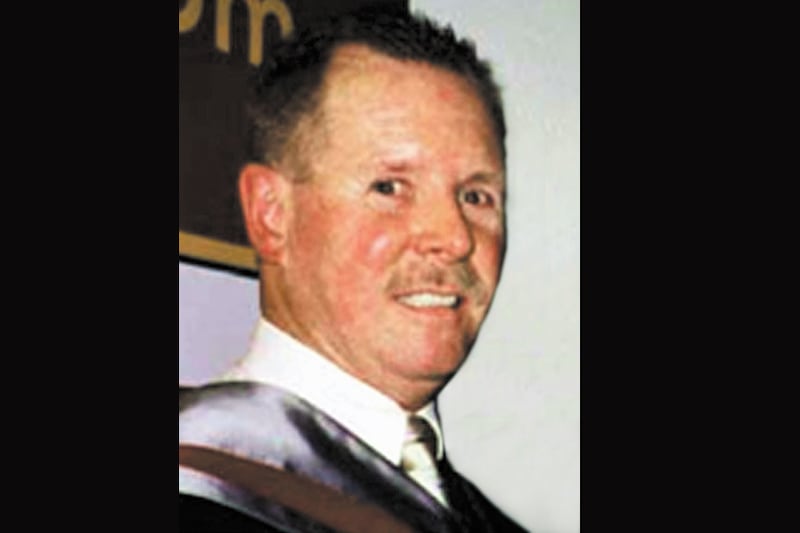A MAN jailed for 20 years for a gangland-style murder is to be the first person to have his conviction appealed on the grounds of a Supreme Court ruling on joint enterprise.
Jamie Smith and Peter Greer were convicted of the murder of Duncan 'Dougie' Morrison and the attempted murder of Stephen Ritchie.
The victims were blasted with a sawn-off shotgun and a 9mm pistol at a flat in Bangor, Co Down in May 2011 in what was thought to be a drug related attack.
Smith was ordered to serve a minimum term of 21 years before he can be considered for release while Greer, who was convicted on joint enterprise after it was alleged he provided the car used in the killing, was sentenced to 20 years.
The trial judge described the attack as a "gangster style hit" with two gunmen wearing balaclavas entering the flat while a third man drove a Honda Civic which was later found burnt out at the Somme Centre in Newtownards.
Following the shooting Greer handed himself into police and denied having anything to do with the murder but said he had lent his car to anther person on the day of the shooting.
The court of appeal has agreed to hear arguments next week that Greer's conviction should be reviewed as a result following an application lodged by Harte Coyle Collins solicitors.
It follows the ruling of a panel of five Supreme Court judges in the case of Ameen Jogee, who had been convicted under joint enterprise of the murder of former Leicestershire police officer Paul Fyfe in 2011.
Delivering the judgment Lord Neuberger said it was wrong to treat "foresight" as a sufficient test to convict someone of murder, a ruling that is expected to directly impact in the case of Greer.
Lawyer Diarmaid Kelly, of Harte Coyle Collins solicitors, said the Supreme Court decision "raises serious questions about the safety of Mr Greer's convictions."








